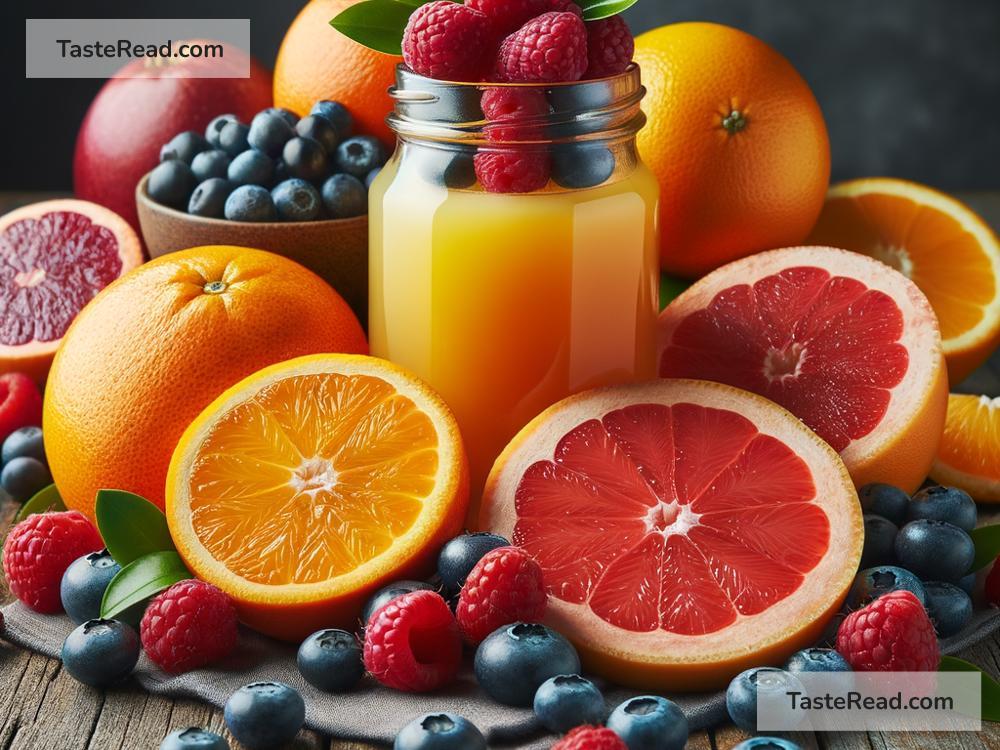The Role of Vitamin P in Capillary Health
When it comes to vitamins, most people are familiar with Vitamin C, Vitamin D, or even Vitamin B12. But have you ever heard of Vitamin P? Don’t worry if it sounds unfamiliar — it’s not as popular as the others, and its name is more of a nickname. Vitamin P is not an actual vitamin, but a term used to describe a group of plant-based compounds called flavonoids. These powerful substances play an important role in keeping our body healthy, especially when it comes to the health of capillaries.
What Are Capillaries?
Capillaries are tiny blood vessels that act as bridges between arteries and veins. They are incredibly small — so small that a single capillary is thinner than a strand of hair. Despite their size, capillaries are crucial for circulating blood and oxygen throughout our body. They connect with our tissues, allowing nutrients to pass through and waste to be removed.
Our capillaries must remain strong and flexible to function properly. If they become weak or damaged, it can lead to problems like bruising, swelling, or poor circulation. This is where Vitamin P comes in!
What Is Vitamin P?
Vitamin P refers to flavonoids. Flavonoids are natural plant chemicals that give fruits, vegetables, and flowers their bright colors. These substances are famous for their antioxidant and anti-inflammatory properties. Some common types of flavonoids include rutin, quercetin, hesperidin, and diosmin.
Even though flavonoids are not officially classified as vitamins, they work similarly by supporting important processes in our body. Scientists discovered “Vitamin P” in the 1930s while researching how certain fruits helped strengthen blood vessels. Though it’s not considered a vitamin anymore, the nickname stuck.
How Does Vitamin P Help Capillaries?
Flavonoids play a key role in capillary health. Here’s how they help:
-
Strengthening Capillaries: Flavonoids help reinforce the walls of tiny blood vessels, making them less likely to break or become damaged. This is especially important for people who bruise easily or have conditions related to weak blood vessels.
-
Improving Flexibility: Capillaries need to be flexible to allow blood to flow smoothly. Flavonoids prevent stiffness in the blood vessels, ensuring better circulation.
-
Reducing Inflammation: Inflammation can damage capillaries over time and make them less functional. Vitamin P’s anti-inflammatory powers help protect capillaries and keep them healthy.
-
Preventing Blood Clots: Some flavonoids may improve blood flow and prevent clotting. Blood clots can disrupt capillary function, so preventing them is critical for overall circulation.
-
Boosting Antioxidant Protection: Flavonoids fight free radicals, harmful molecules that cause oxidative stress. Oxidative stress can weaken capillaries and lead to aging-related health issues. By neutralizing free radicals, Vitamin P keeps your blood vessels healthy.
Why Is Capillary Health Important?
Healthy capillaries do more than keep bruises and swelling at bay. They are essential for transporting nutrients, oxygen, and waste in every part of the body. Weak capillaries can lead to a range of health problems, including:
- Chronic Venous Insufficiency (CVI): This condition happens when veins in the legs don’t work correctly, causing blood to pool and increasing pressure in capillaries.
- Varicose Veins: Weakened capillaries may contribute to the formation of varicose veins, or enlarged veins, which often appear in the legs.
- High Blood Pressure: Damaged capillaries can make it harder for blood to flow properly, potentially increasing blood pressure.
- Skin Health Issues: Weak capillaries can lead to spider veins or visible redness. Strong capillaries, on the other hand, provide better support for skin tissue.
How Can You Get Vitamin P?
The good news is that Vitamin P (flavonoids) is easy to find in everyday foods. Here are some examples:
- Fruits: Citrus fruits like oranges, lemons, and grapefruits are high in flavonoids, particularly hesperidin. Rutin and quercetin are also abundant in apples, berries, and cherries.
- Vegetables: Leafy greens like kale, spinach, and broccoli contain flavonoids that support blood vessel health. Onions and garlic are also great choices.
- Tea: Green and black tea are packed with flavonoids, making them a great option for daily intake.
- Dark Chocolate: Good-quality dark chocolate contains flavonoids called flavanols, which are beneficial for blood vessels.
Eating a variety of colorful fruits, vegetables, and whole foods is the best way to ensure you’re getting enough Vitamin P. The brighter and richer the color of the food, the more likely it is packed with flavonoids.
Conclusion
Vitamin P, or flavonoids, may not be an official vitamin, but its role in capillary health is undeniable. By strengthening blood vessels, reducing inflammation, improving blood flow, and boosting antioxidant protection, this group of natural plant compounds helps maintain a healthy circulatory system. Including more flavonoid-rich foods like citrus fruits, berries, and leafy greens in your diet can make a big difference in your capillary health.
So the next time you enjoy a colorful plate of fruits and vegetables, remember that you’re not just nourishing your body — you’re also giving your capillaries the care they deserve!


